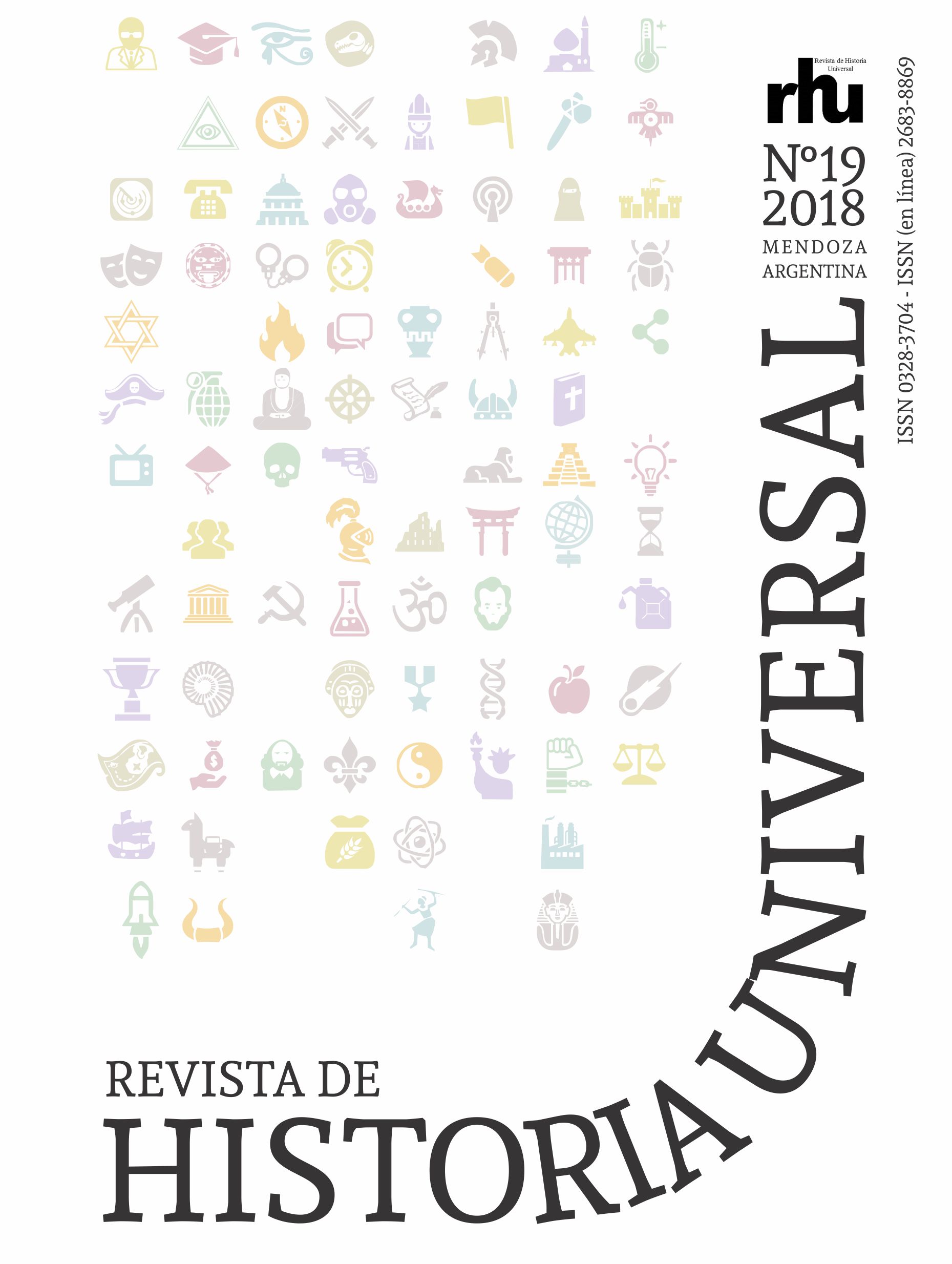Odysseus, between νόστος and otherness
Keywords:
Alterity, Opposition, Memory, Identity, Archaic Hellenic poetics, OdysseusAbstract
The Greek epic constitutes a first approach to the main categories of Greek anthropology in which concepts of their traditions, customs and representations are conceived and outlined. Homer´s odyssey is not the exception, This work describes the History of Ulises, the eternal travel who, in contrast to Aquiles and his τραγικός destiny, with his cunning and intelligence has to go through all the risks and troubles of his journey to return to the known world. (Ecumene).
But, Which are the elements that allow us to affirm and conceptualize those anthropological categories? To what extent does Homer´s work contribute to the formation and consolidation of the Hellenic identity?
Keeping the open see as no place, steril kingdom of Poseidon, the experiences of the other are going to register and deploy in contrast of the other cultural. The objective of the present study is to establish the elements that contribute to the configuration of the Hellenic spatiality and to identify the process of constitution of the Hellenic being in contrast to the other cultural.
References
Dominguez Monedero, A. (1993) La polis y la expansión colonial griega. Siglos VIII-VI. Madrid: Síntesis.
Finley Moses, I. (1995). El mundo de Odiseo. Madrid: Fondo de Cultura Económica.
Foustel de Coulanges, D. (1965). La ciudad antigua. Paris: Hachette.
García Gual, Carlos. (2006). "Introducción" en Odisea. Barcelona: Gredos.
Gómez Aso, G. (2015) La construcción político-social del βάρβαρος en el mundo helénico. Los símbolos y/o signos identitarios que condujeron a la construcción del ¨nosotros¨ helénico. Buenos Aires: DE REBUS ANTIQUIS (UCA). Nª5, AÑO V, 78-88.
Hartog, François (2007). Memorias de Ulises. Buenos Aires: FCE.
Homero. (2006). Ilíada. Barcelona: Gredos.
Homero. (2006). Odisea. Barcelona: Gredos.
Osborne, Robin. (1998). La formación de Grecia (1200-479 a.C.). Barcelona: Critica, 1998.
Vernant, Jean P, (1965). Los orígenes del pensamiento griego. Bs.As.: EUDEBA.







